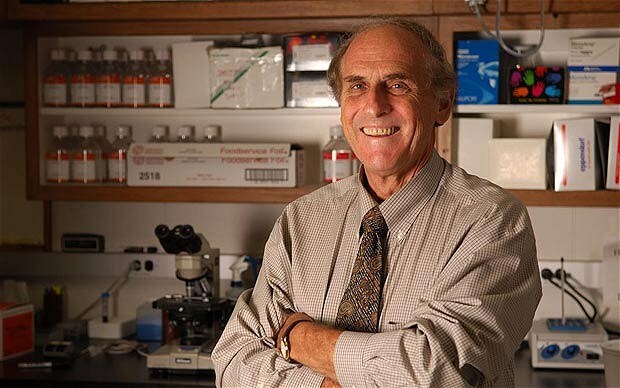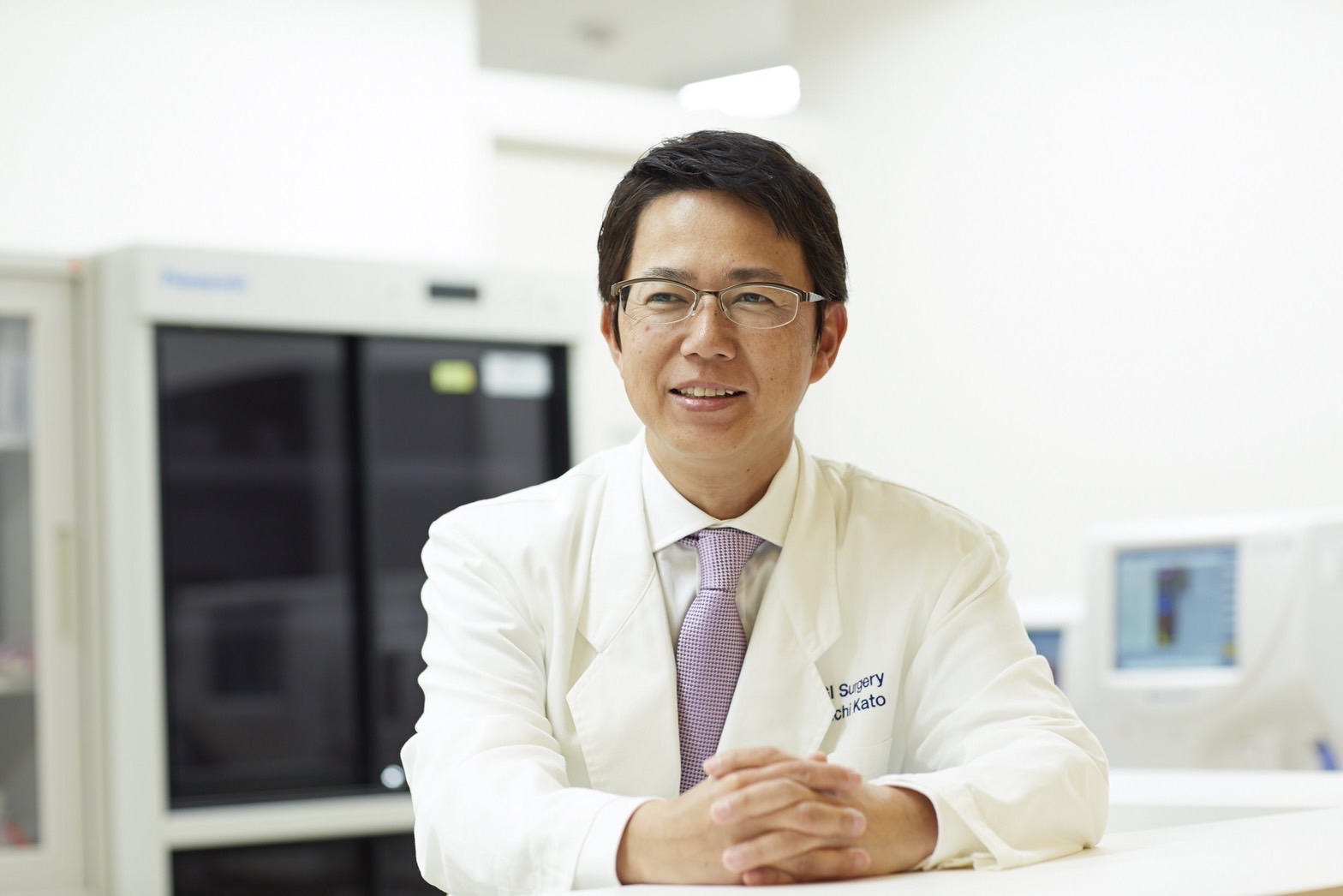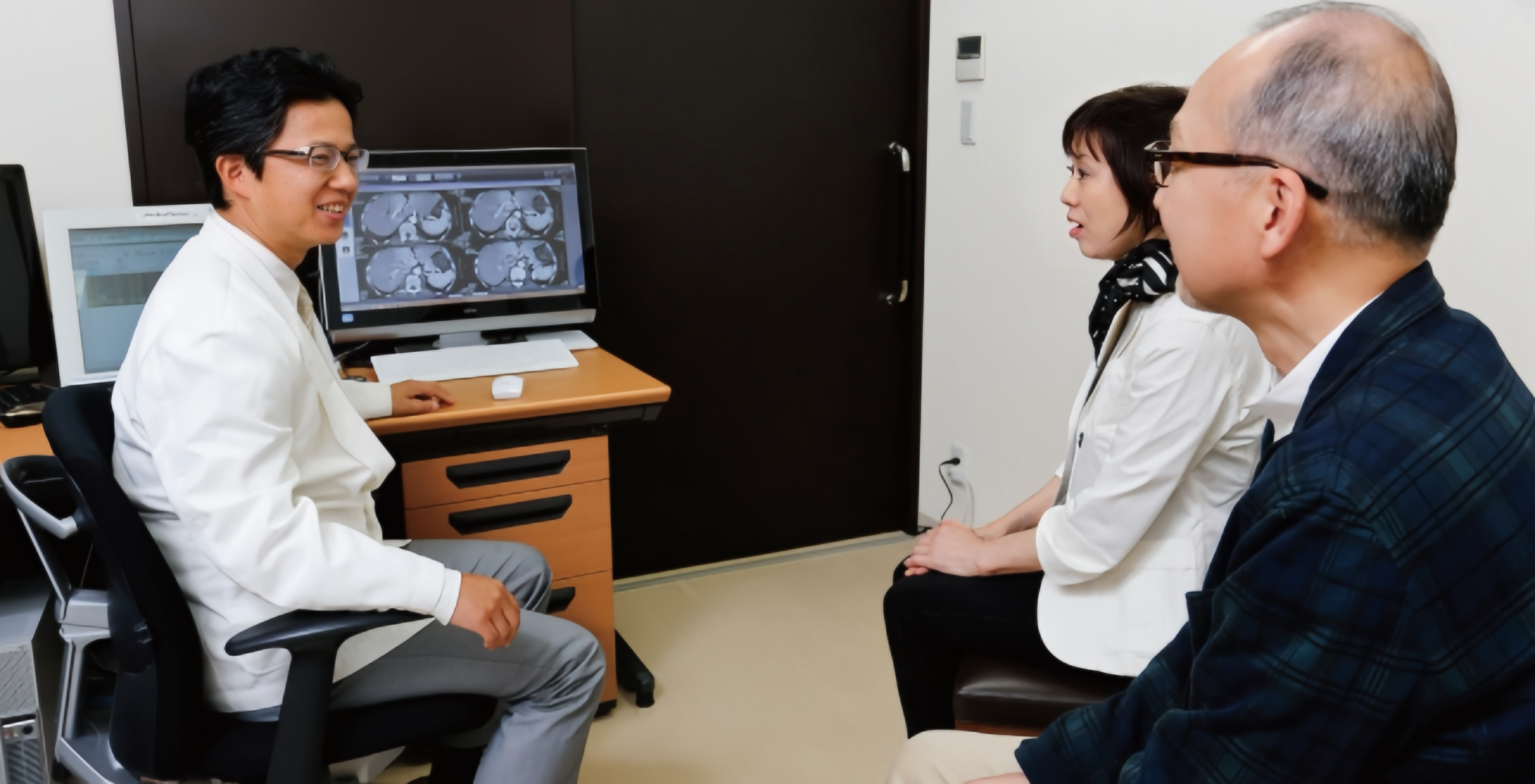What Is Immune Cell Therapy?
What Is Immunotherapy (Autologous Immunotherapy)?
Autologous immunotherapy, as administered by Dr. Yoichi Kato, includes Dendritic Cell (DC) Therapy, Lymphokine-Activated Killer Cell (LAK) Therapy, and Natural Killer Cell (NK) Therapy.
Immunotherapy is an advanced treatment approach that leverages a patient’s own immune cells to seek out and destroy cancer cells. Because it utilizes the patient’s own cells, it is also referred to as autologous immunotherapy.
In this treatment, immune cells are collected from the patient via plasma separation technology, then cultured and activated in a laboratory to enhance their ability to detect and attack cancer cells. Once sufficiently stimulated, these immune cells are reintroduced into the patient’s body through injection or IV infusion, where they circulate, identify, and eliminate the cancer cells.
Why Choose Immunotherapy?
1. Minimal Side Effects
Compared to chemotherapy or other traditional methods, immunotherapy typically has very mild side effects. As the therapy employs the patient’s own immune cells, the overall impact on the body is limited. Common reactions may include slight redness or swelling at the injection site, or a brief low-grade fever; these symptoms generally resolve within half a day to a day.
2. Ability to Travel Throughout the Body
Conventional treatments (such as chemotherapy or radiotherapy) often struggle to target the entire body, especially in cases with metastasis. In contrast, the highly cultured and activated immune cells used in immunotherapy can circulate throughout the body, actively seeking out and destroying cancer cells—even in areas that have spread, such as the lymphatic system, brain, or bones.
3. No Drug Resistance
Drug resistance is not a concern because immunotherapy does not rely on external medications. This means its effectiveness does not diminish over time, allowing immune cells to continuously attack cancer cells and help restore the patient to a healthier state.
A Method That May Eradicate Cancer Cells Completely
Immunotherapy is widely regarded as one of the most promising methods for completely eliminating cancer cells. Its potential has been recognized as early as 2000 at the International Society for Cell & Gene Therapy (ISCT) annual meeting. In 2011, Dr. Ralph M. Steinman received the Nobel Prize in Physiology or Medicine for his discovery of dendritic cells. Notably, even before receiving the award, Dr. Steinman had already leveraged Dendritic cell (DC) Therapy to treat his own late-stage pancreatic tumor in 2007, garnering significant attention from the global medical community.

Governments in Asia, such as those of Japan and Taiwan, have actively promoted immunotherapy for years, accumulating extensive clinical experience and consistent success with this treatment methodology.
TACKLING CANCER AT ITS CORE
Cancer cells typically arise when a normal cell acquires a genetic mutation, enabling unchecked growth and the potential to spread throughout the body. These mutations covertly evade the immune system, making them difficult to eradicate with conventional treatments. While surgery, chemotherapy, radiotherapy, and targeted drugs can offer temporary control or removal, their effectiveness often wanes, and they frequently involve significant side effects.
Immunotherapy, on the other hand, activates the patient’s own immune system to relentlessly track and eliminate mutated cancer cells. Because it harnesses the body’s natural defenses, it is generally more durable and safer than treatments that rely on chemical agents or radiation, which can extensively damage healthy cells.
Who Can Benefit?
Since this therapy relies on a patient’s own cells, it can be applied to a wide range of solid tumors and metastatic conditions.
In Japan, Dendritic Cell (DC) Therapy was approved as early as 2006 for all types of solid tumors, including complex metastatic and advanced-stage cases. Taiwan has also officially introduced immunotherapy technology since 2018.
How Long Does One Treatment Cycle Take?
The duration of immunotherapy varies depending on the specific method. For instance, a standard course of Dendritic Cell (DC) therapy or LAK Cell therapy typically involves around five doses administered over two to three months. Because every patient’s condition and disease stage is unique, the doctor will tailor the immunotherapy plan accordingly. After completing an initial treatment cycle, the specialist will evaluate the need for any additional therapy.
Potential Side Effects
Unlike conventional methods, which often impact healthy tissues extensively, immunotherapy exclusively targets abnormal cells. Most patients experience only a mild fever or brief immune reaction post-treatment, typically resolving within a few hours—thus posing minimal disruption to daily life.
Cost Overview
Autologous immunotherapy is a personalized treatment. A patient’s health status and specific treatment requirements will affect the overall cost. As an example, a full course of Dendritic Cell (DC) Therapy—the primary method—generally costs around HKD 350,000 to HKD 400,000 for approximately five sessions over three months. If other therapies (such as LAK Cell Therapy) are included, total costs may vary based on the individual’s situation.

Where Can You Receive Immune Cell Therapy?
At the Shin-Yokohama Kato Clinic in Tokyo–Yokohama, Clinic Director Dr. Yoichi Kato has over 20 years of experience in immunocellular therapies and a track record of more than 2,000 clinical immunotherapy cases—making him one of Japan’s most accomplished specialists in the field. Patients contemplating treatment in Japan can begin with an online consultation so that Dr. Kato can review their medical records and overall condition, then determine eligibility for immune cell therapy and develop a personalized treatment plan.
![加藤洋一博士(Dr. Yoichi Kato)[3].jpg](/uploads/image/202502/%E5%8A%A0%E8%97%A4%E6%B4%8B%E4%B8%80%E5%8D%9A%E5%A3%AB(Dr.%20Yoichi%20Kato)[3].jpg)
Dr. Yoichi Kato
As a trusted partner of Dr. Kato,Asia Immunotherapy provides comprehensive support services, including:
1. Collecting and compiling medical reports.
2. Arranging online consultations with Dr. Kato.
3. Coordinating travel and accommodation in Japan.
4. Offering airport pick-up and professional interpretation throughout the treatment period.
Through detailed planning and thorough logistics, we help patients receive immunocellular therapy in Japan safely and securely—taking a critical step in the fight against cancer.
Asia Immunotherapy - Central, Hong Kong




